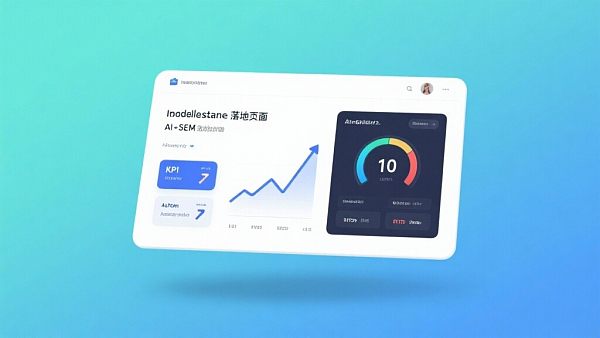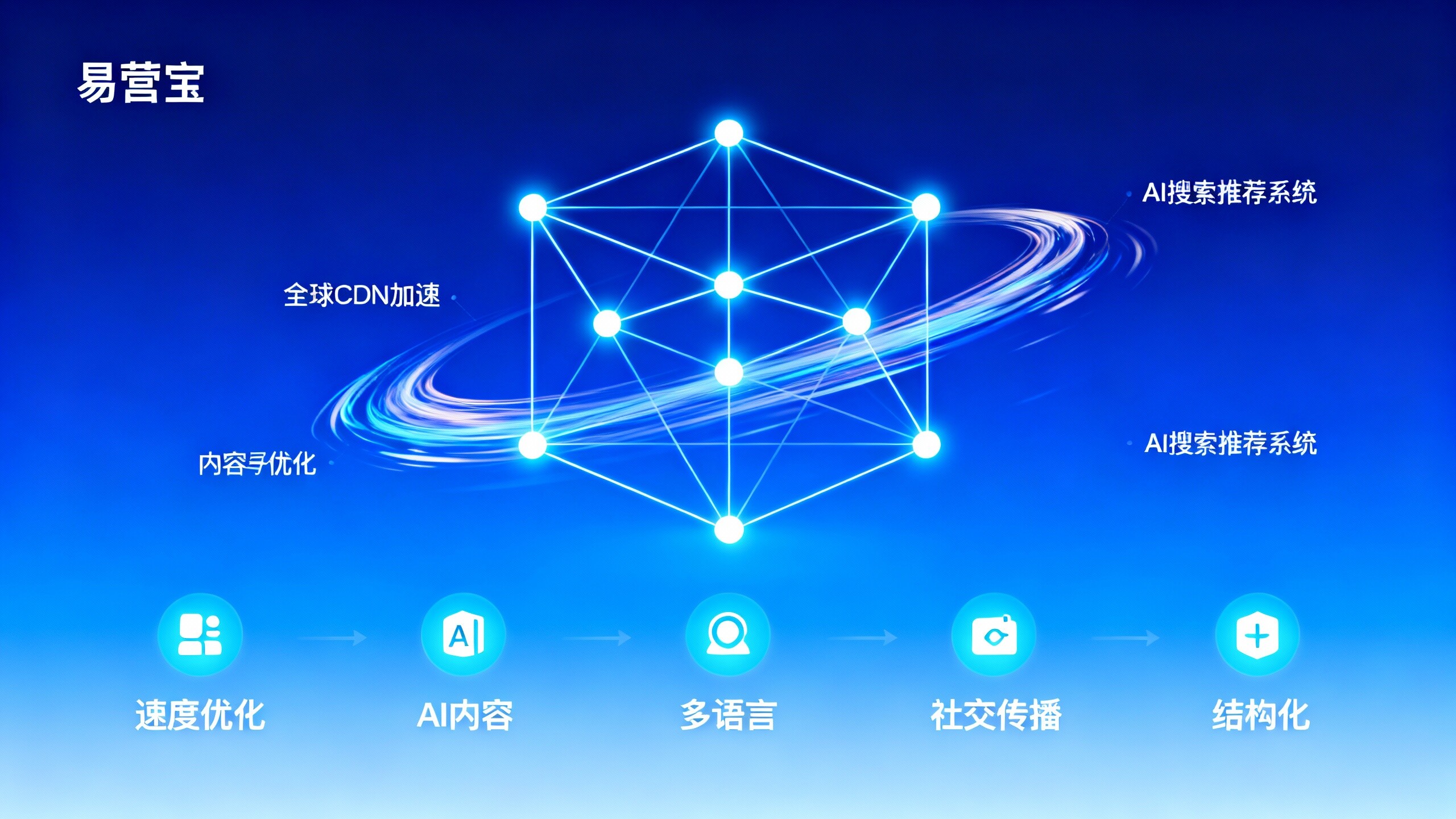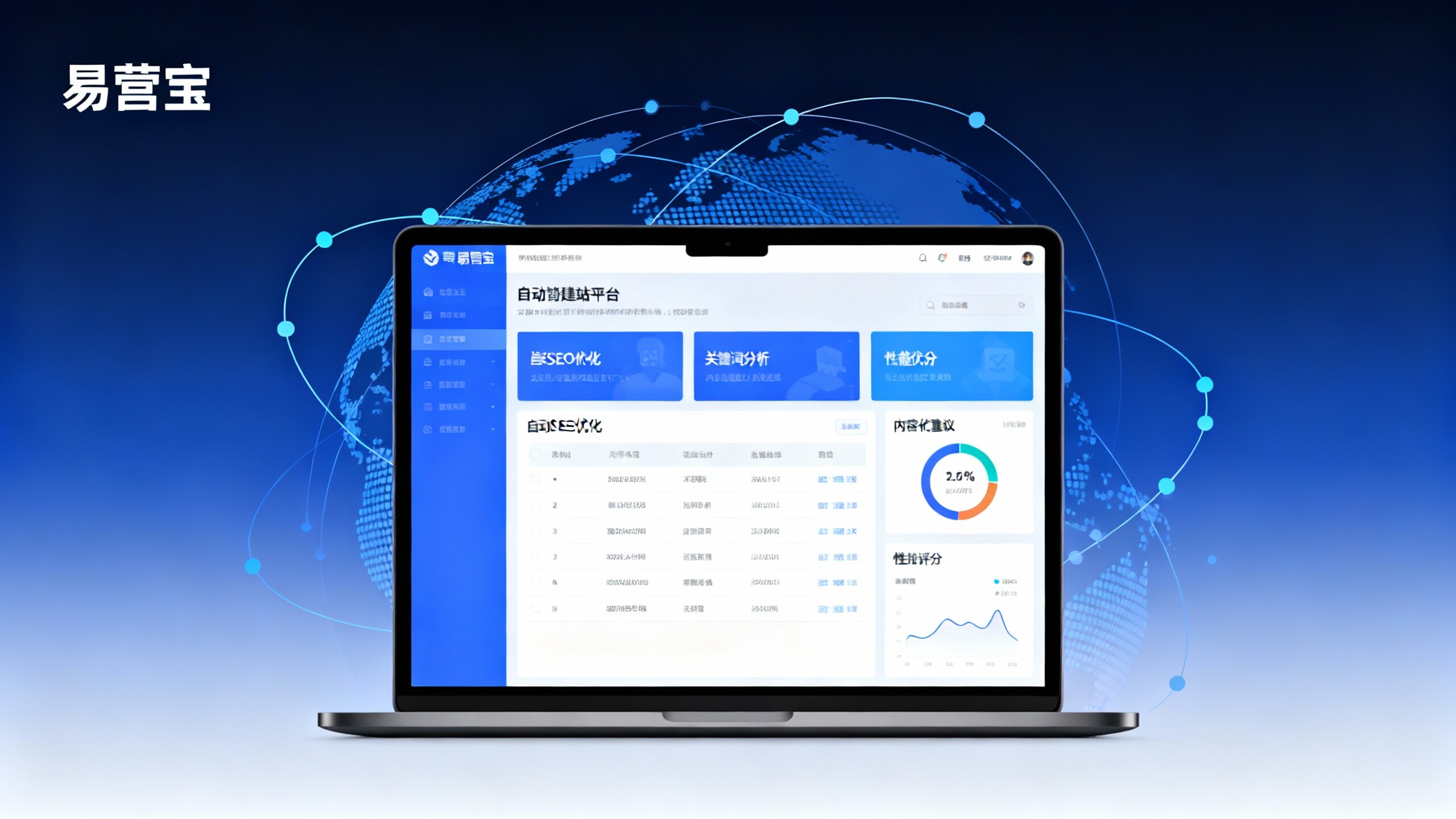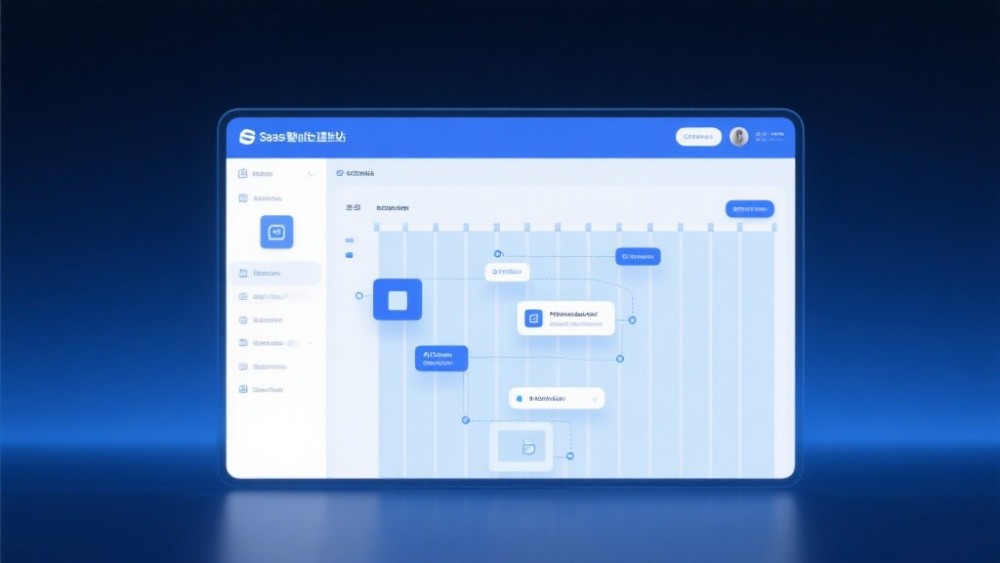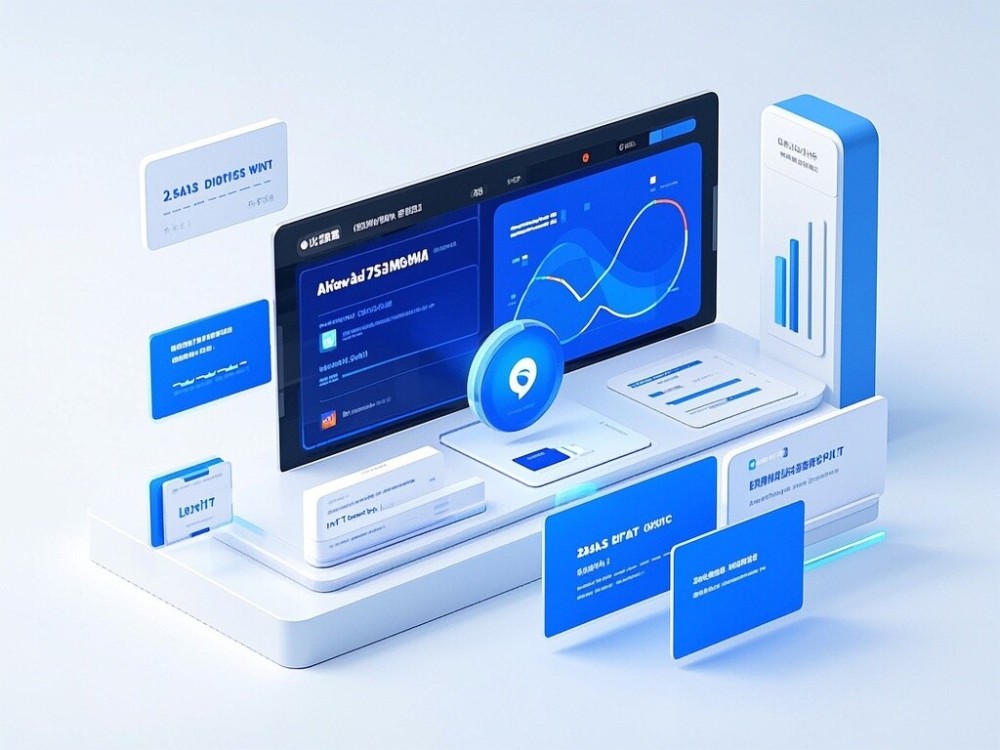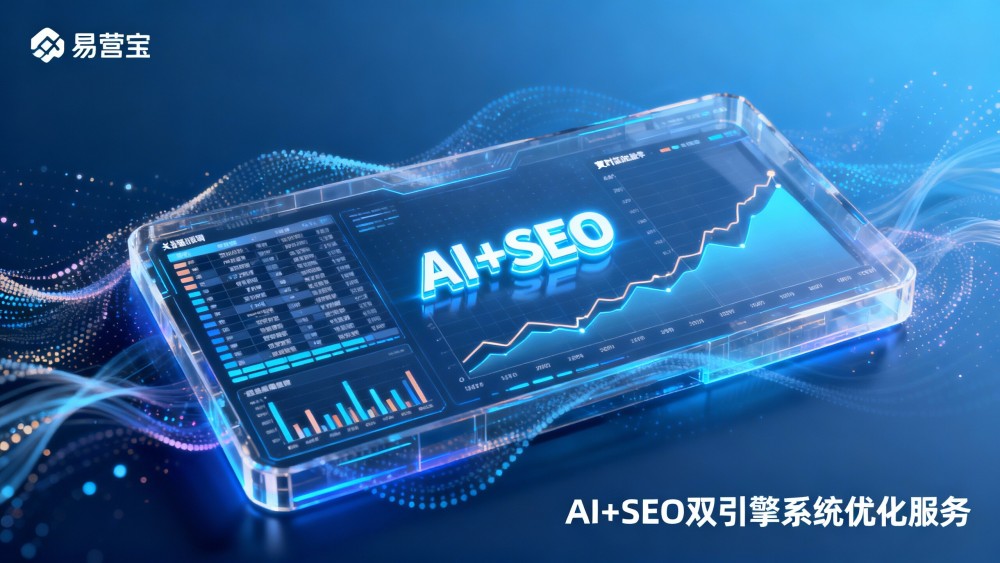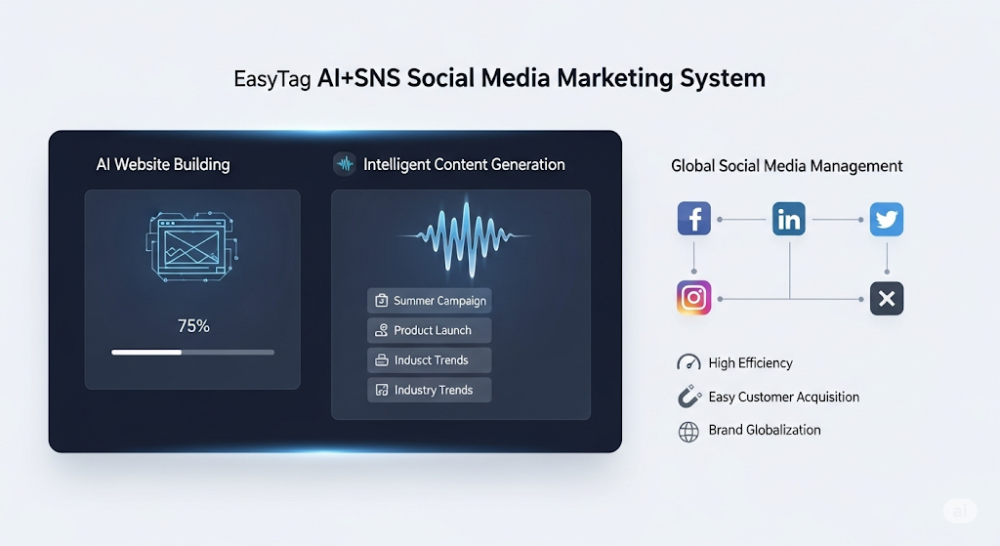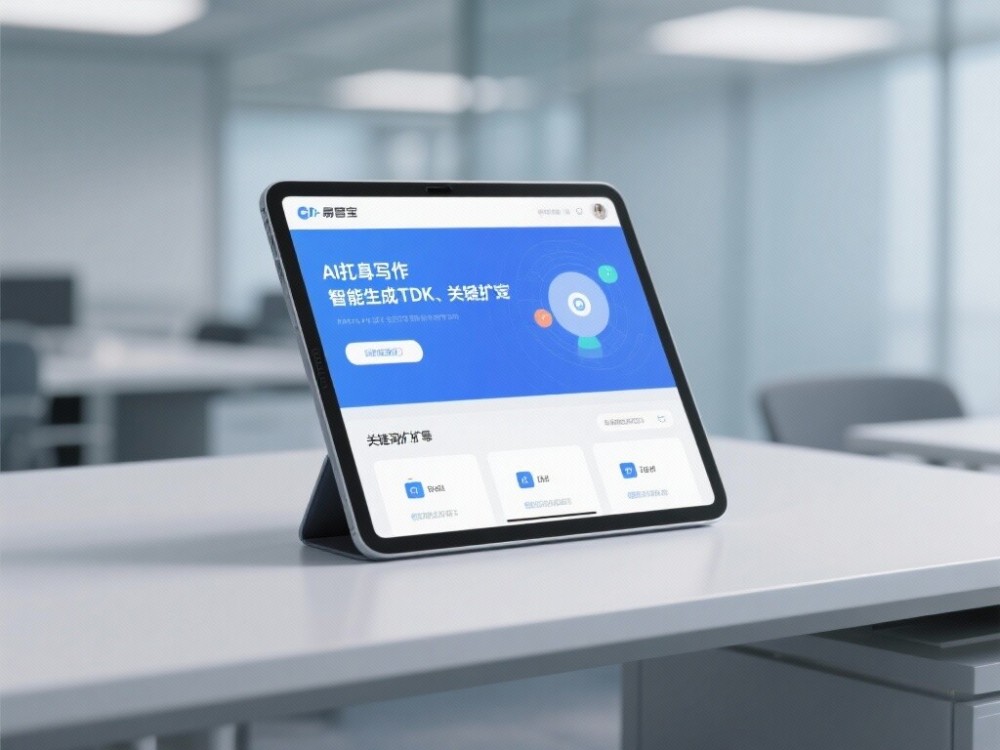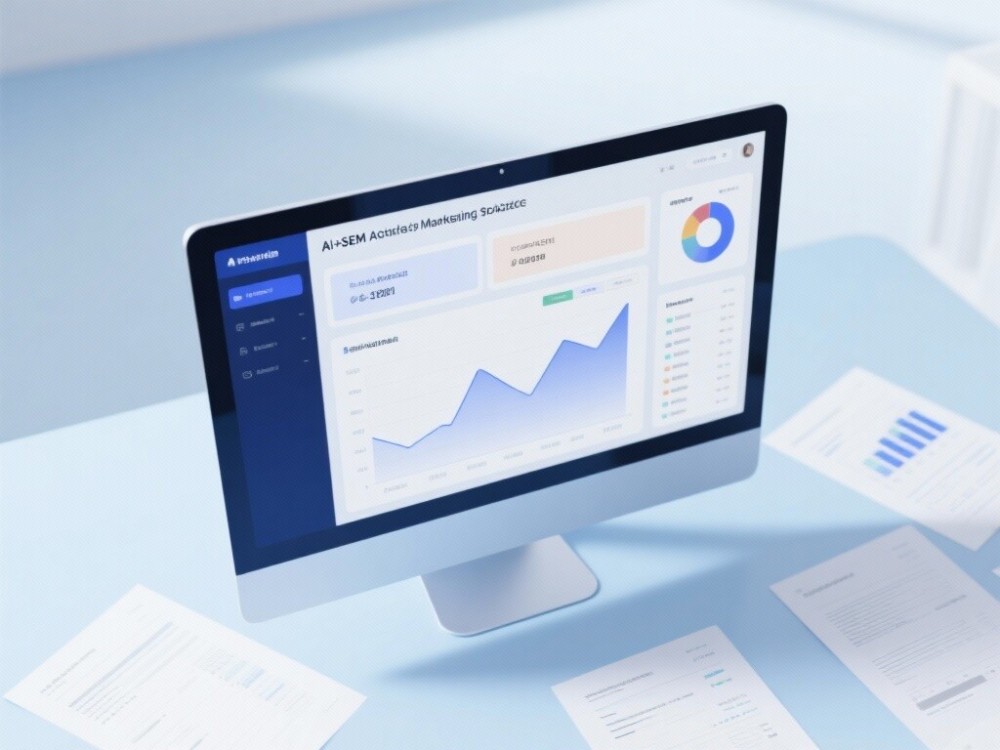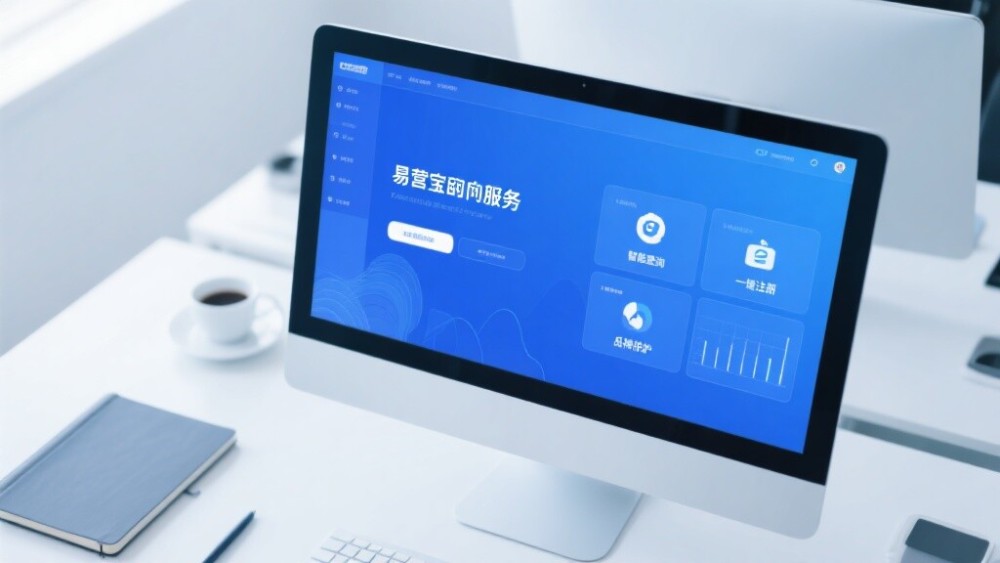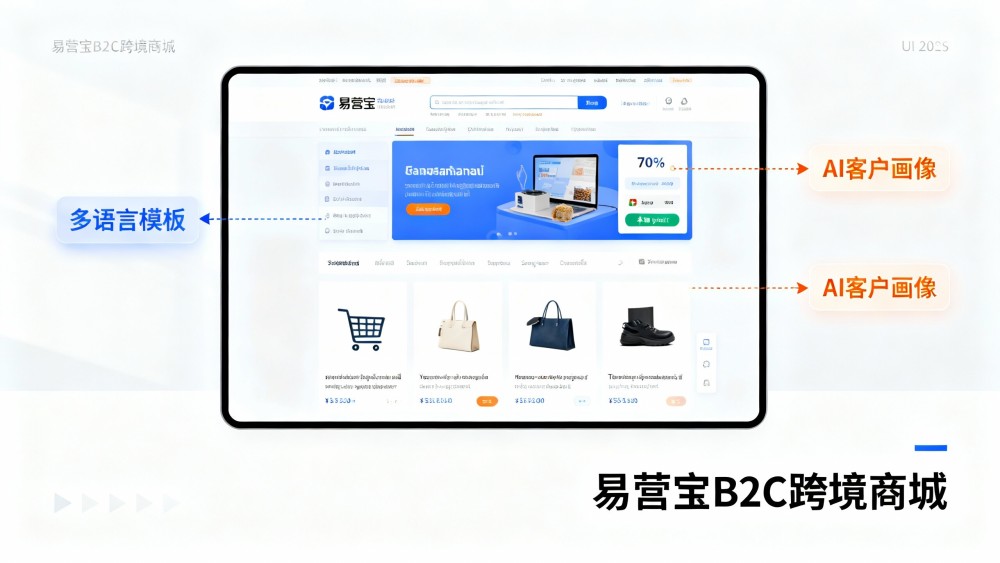- Recommended Arabic independent website construction companies for 2024: Reliable service provider rankings2026-01-29View details
- How is Easy Operation Treasure's foreign trade inquiry service? Real customer feedback and effectiveness evaluation2026-01-29View details
- Can Yiyingbao's multilingual foreign trade website building service improve overseas lead conversion? Enterprise test report2026-01-27View details
- Is Yiyingbao's intelligent website building system good? See real user experiences and ROI cycles from enterprise clients2026-01-27View details
- What features are needed for a Middle East market website system? 2024 cross-border enterprise selection list exposed2026-01-28View details
- Multilingual website construction helps brands go global: How to achieve stable traffic through Google ranking optimization?2026-01-29View details
- Which global website SaaS platform is the best? Features and reputation rankings of well-known international platforms2026-01-28View details
- How effective is Yandex advertising? Analysis of brand exposure and conversion cases in the Russian market2026-01-28View details
Pain points in operating a foreign trade independent website? Solve them with AI+SEM intelligent advertising marketing system
Struggling with Independent Foreign Trade Website Operations? Solve It with AI+SEM Smart Advertising Marketing System
Introduction: The goal of an independent foreign trade website is to achieve global customer acquisition, low-cost conversion, and sustainable brand growth. However, common challenges in reality include low traffic, poor conversion rates, high operational costs, compliance and localization barriers, leaving operational teams overwhelmed. This article targets researchers, users/operators, and technical evaluators, systematically outlining the core pain points of independent foreign trade websites. Based on over a decade of digital marketing practices driven by AI and big data from EasyYun, it details how the EasyYun AI Intelligent Website System and AI+SEM Smart Advertising Marketing System can reduce costs, increase efficiency, and accelerate global expansion.

1. Common Pain Points of Independent Foreign Trade Websites: Multiple Breakpoints from Traffic to Conversion
When businesses start building independent foreign trade websites, they often assume "having a site means having traffic." Reality is different: after launch, the primary challenge is acquiring precise external traffic. Traditional reliance on single channels (e.g., Google Ads or single-platform social media) leads to high customer acquisition costs and volatile ROI, making ad performance unstable. Meanwhile, technical and content shortcomings—such as inadequate multilingual translation, slow page loading, weak SEO foundations, and poor mobile experience—create leaks in user touchpoints and conversion paths.
Second is the operational and advertising workload. Independent websites require synchronized management of on-site content, inventory, and marketing campaigns across diverse platforms (Google, Meta, Yandex, etc.), necessitating cross-platform data integration and creative iteration. Teams lacking automation tools often need extensive manual analysis of keyword performance, ad creatives, and budget allocation, resulting in inefficiency, subjectivity, and difficulty in building replicable growth models.
Third, compliance and localization challenges cannot be ignored. Different markets have varying requirements for payments, privacy, and logistics. Without localized strategies and compliance support, advertising and landing face obstacles. Additionally, insufficient platform partnerships and channel integration limit access to premium traffic sources, hindering long-term brand building and cross-border supply chain collaboration.
Lastly, organizational pain points include chaotic proxy and channel management and lack of standardized regional promotion. When businesses aim to replicate successful models to other regions or recruit city partners, the absence of standardized SOPs and technical support often leads to growth fragmentation and inconsistent brand experiences.
2. How AI+SEM Smart Advertising Marketing Systems Address Independent Website Shortcomings
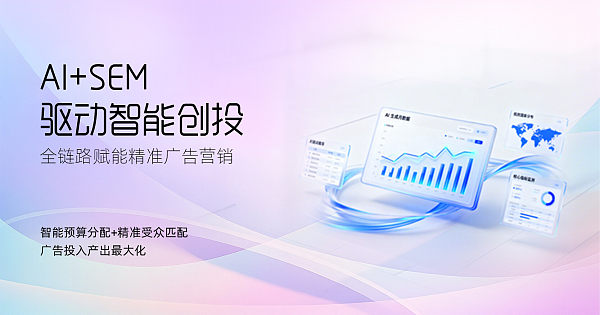
To tackle these pain points, AI-driven smart advertising and full-funnel marketing platforms create closed loops across acquisition, engagement, and conversion, achieving "cost reduction and efficiency gains." For customer acquisition, AI+SEM systems leverage real-time learning from search and social data to automate keyword bidding, timing, and audience segmentation, concentrating budgets on high-potential traffic and reducing wasted spend. Built-in ad diagnostic tools analyze Google Ads, Yandex, and Meta accounts, identifying issues and generating actionable optimizations to minimize trial-and-error costs.
For creatives and content, AI-powered factories generate high-CTR ad copy, multilingual assets, and dynamic images, enabling A/B testing and dynamic swaps based on CTR/conversion rates. This boosts click-through rates and ensures efficient, replicable localization. Combined with AI+SEO dual-engine optimization, the platform auto-generates search-intent-aligned TDK (Title, Description, Keywords) and high-quality content, expanding long-tail keyword pools for sustained organic traffic growth.
For landing pages and UX, AI-driven smart sites excel in multilingual support, load optimization, and conversion-focused design. Systems adjust layouts, CTAs, and product displays based on real-time user behavior, reducing bounce rates. With event tracking and conversion attribution, businesses can monitor ad-to-order cycles, rapidly assessing ROI to build measurable, scalable growth systems.
3. EasyYun’s Capabilities and Solutions: Synergies of Technology, Data, and Products
Since 2013, EasyYun Information Technology (Beijing) has leveraged AI and big data to build end-to-end solutions covering websites, content, social media, and advertising, serving 100,000+ businesses with consistent double-digit growth. Its NLP-powered, multimodal AI engine drives ad strategy iteration, creating strong technical moats. Daily, it produces thousands of high-quality content pieces, complemented by AI site audits for real-time SEO and performance diagnostics.
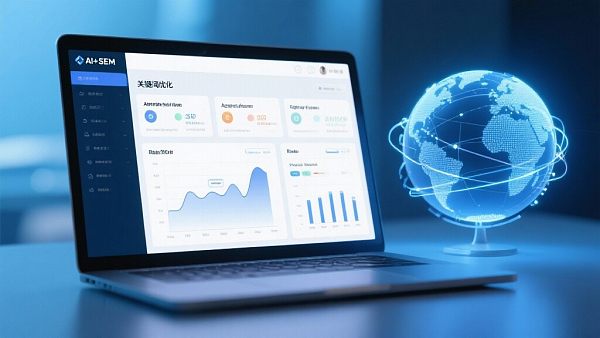
Core products include multilingual smart site builders, AI creative generators, ad diagnostics, and automated social tools. For B2B2C hybrid needs, EasyYun offers dual-mode solutions (see product pages), enabling wholesale and retail expansion while breaking channel silos. Features like multi-spec product management, cart total calculation, bulk quoting, and smart ad placements help businesses build complete commerce loops.
Security-wise, EasyYun partners with global cloud providers for CDN and DDoS protection, offering auto-SSL to ensure compliance and uptime. Its traffic ecosystem integrates deeply with Google, Meta, and Yandex, enabling precise ad distribution. This tech-data synergy gives EasyYun an edge in SEO, SEM, and social campaigns, ideal for manufacturers and e-commerce firms seeking rapid globalization.
4. Implementation Path: From Pilots to Scalable SOPs and Partner Networks
To translate tech into growth, businesses need clear implementation paths. Step 1: Pilot in 1-2 target markets (e.g., North America or Europe) with 1-2 product lines, using EasyYun’s AI+SEM system for short-term tests on keyword structures, creatives, and landing page performance. Define KPIs like CTR, CPA, ROAS, and organic traffic growth, leveraging real-time diagnostics for rapid iterations.
Step 2: Localize and comply. Based on pilot data, implement multilingual translation, local payment/logistics integration, and privacy configurations. External partners can assist with local social matrix setups, promotion channels, and native-language support. EasyYun’s global branches and "HQ+Regional Partner" model enable rapid operational deployment.
Step 3: Scale via standardized SOPs, templated site builds, and ad strategies, replicating successes across markets. Recruit city partners or SaaS agents as force multipliers. EasyYun’s partner program lets regional collaborators leverage its platform for localized services, aiding brand expansion while earning recurring revenue. For channel seekers, its City Partner Recruitment offers mature tech, training, and sales support—a gateway to the independent website service market.
Conclusion: Turn Pain Points into Growth Levers with Tech and Process
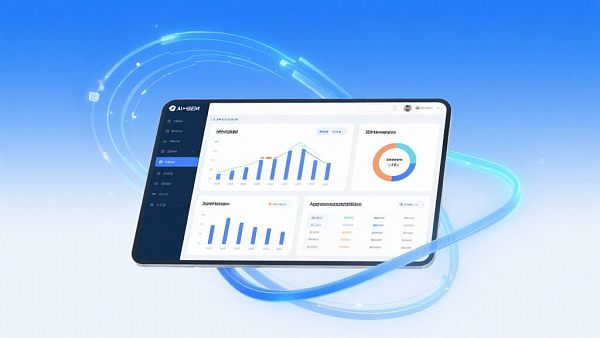
Independent website challenges aren’t insurmountable. Leveraging EasyYun’s AI, SEO, and ad expertise, businesses can build replicable growth loops via smart sites, AI+SEO dual engines, and AI+SEM systems. Its tech backend, data capabilities, and global partnerships enable rapid expansion, lower CAC, and sustained brand impact.
If evaluating solutions or considering channel partnerships (e.g., SaaS reselling or regional SEO agencies), start with small-scale pilots to validate AI ad-landing synergy before scaling via partner networks. EasyYun combines "tech innovation + localized service" to supercharge global growth—let’s build your path together.
Call to action: Want to see how EasyYun reduces costs and boosts efficiency for your independent website? Contact our consultants for a demo or platform trial, and explore case studies on EasyYun’s AI Site Builder and AI+SEM Smart Advertising Marketing System.
- Campbell (name)
- free-standing station
- Intelligent website building system
- Intelligent website building
- Click-through rate
- Foreign trade independent website
- City Partners
- Independent website operation
- Independent Foreign Trade Website Operation
- Website Check
- AI+SEO Dual-Engine Optimization System
- Google Ads
- SEO
- AI Marketing Engine
- social media automation
- AI+SEM Advertising Intelligent Investment Marketing System
- City Partner Recruitment
Related Articles
![How to Make Website Content Recommended by AI Search? Five Optimization Steps to Boost Exposure and Inquiry Volume How to Make Website Content Recommended by AI Search? Five Optimization Steps to Boost Exposure and Inquiry Volume]() How to Make Website Content Recommended by AI Search? Five Optimization Steps to Boost Exposure and Inquiry Volume
How to Make Website Content Recommended by AI Search? Five Optimization Steps to Boost Exposure and Inquiry Volume![Why is website loading speed so important? Revealing the impact of global CDN acceleration on international buyers Why is website loading speed so important? Revealing the impact of global CDN acceleration on international buyers]() Why is website loading speed so important? Revealing the impact of global CDN acceleration on international buyers
Why is website loading speed so important? Revealing the impact of global CDN acceleration on international buyers![How can intelligent website building platforms achieve automatic SEO? Key technologies for foreign trade websites to enhance natural traffic How can intelligent website building platforms achieve automatic SEO? Key technologies for foreign trade websites to enhance natural traffic]() How can intelligent website building platforms achieve automatic SEO? Key technologies for foreign trade websites to enhance natural traffic
How can intelligent website building platforms achieve automatic SEO? Key technologies for foreign trade websites to enhance natural traffic
Related Products

